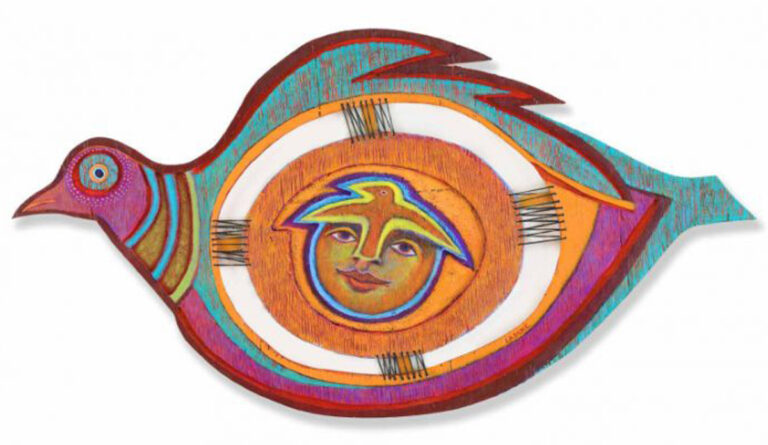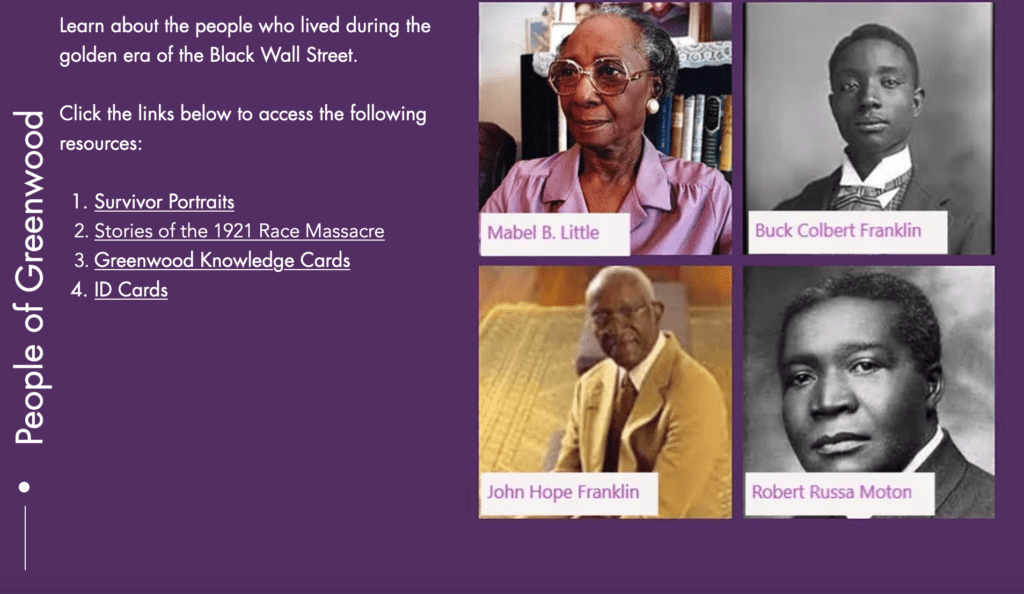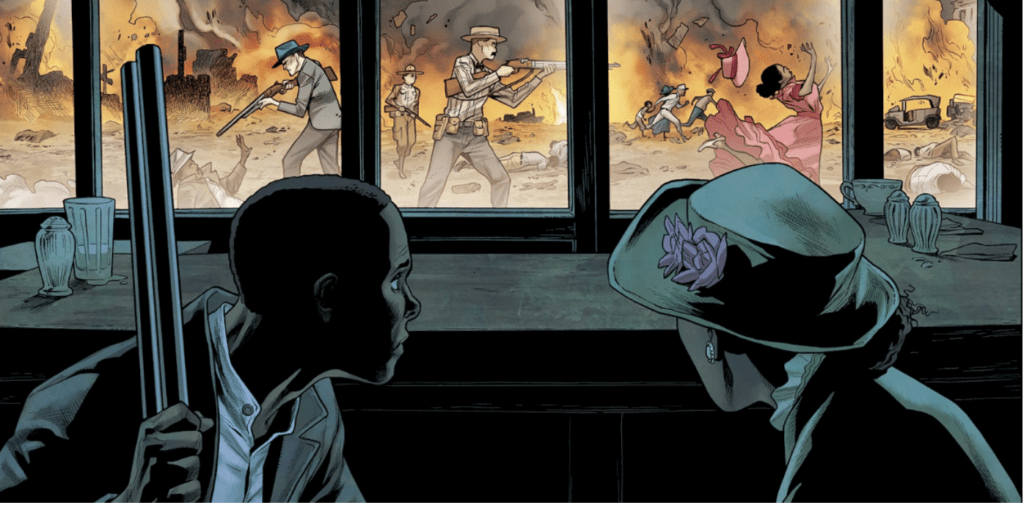
Editor’s Note: Please open your hearts and minds to the amazing content of the marvelous offerings in the links below. The observance of the 100-year anniversary of the Tulsa Massacre is an opportunity for all of us to re-imagine our society. This issue could not be more timely, as anti-racist topics could be barred from the classroom, as the new Oklahama law banning educators from teaching concepts that cause, “discomfort, guilt, anguish or other forms of psychological distress,” due to race or gender.
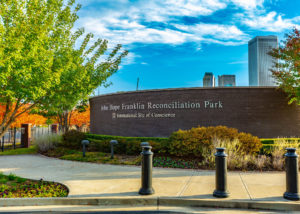 The John Hope Franklin Center for Reconciliation: from Tragedy to Triumph website has a remarkable trove of resources and includes personal stories from witnesses who lived through the event. We need to note that the Tulsa Massacre is only one of many massacres related to race alone that have occurred in the United States, past and present. When we look on the internet, it is plain to see that our “racial karma” as Dr. Larry Ward calls it in his book by that name, is rife with a culture of intolerance and violence.
The John Hope Franklin Center for Reconciliation: from Tragedy to Triumph website has a remarkable trove of resources and includes personal stories from witnesses who lived through the event. We need to note that the Tulsa Massacre is only one of many massacres related to race alone that have occurred in the United States, past and present. When we look on the internet, it is plain to see that our “racial karma” as Dr. Larry Ward calls it in his book by that name, is rife with a culture of intolerance and violence.
Exposing ourselves to the trauma and moral disgrace of the Tulsa carnage, at a time when we are facing the anniversary of George Floyd’s murder, we have enclosed a link to the Center’s “Conscience Matters” webinar and the culture of white supremacy in question in 2021. We are being offered an opportunity to imagine, enact and rebuild roles of community action.
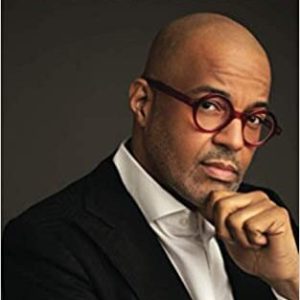 The webinar, led by the eloquent and inspiring author and Reverand Dr. Keith Magee, offers a deep conversation about the role of democracy, the meaning of the public good, everything from poverty to prosperity that affects our sense of home and place. The session begins with a question: “What is at the heart of what makes dialog work?” We welcome your responses to what you find here.
The webinar, led by the eloquent and inspiring author and Reverand Dr. Keith Magee, offers a deep conversation about the role of democracy, the meaning of the public good, everything from poverty to prosperity that affects our sense of home and place. The session begins with a question: “What is at the heart of what makes dialog work?” We welcome your responses to what you find here.
This week, the Center invites people to participate in their National Symposium to commemorate the tragedy in 1921 and offer insight with the theme of “the Future of Tulsa’s Past.” We encourage people to attend the Symposium that will feature keynote Cornell West, as well as a series of free interactive opportunities as well as a review of the Center’s curriculum for educators.
Your Editors at Peace House
List of Links
The website also offers a number of resources, including stories of the 1921 Race Massacre, portraits of witnesses who lived through the tragedy, as well as tools for educators like the “Greenwood Knowledge Cards,” and “ID Cards.” We want to offer these links for people to learn first hand about the people who lived during the golden era of the Black Wall Street in the Greenwood neighborhood in Tulsa.

